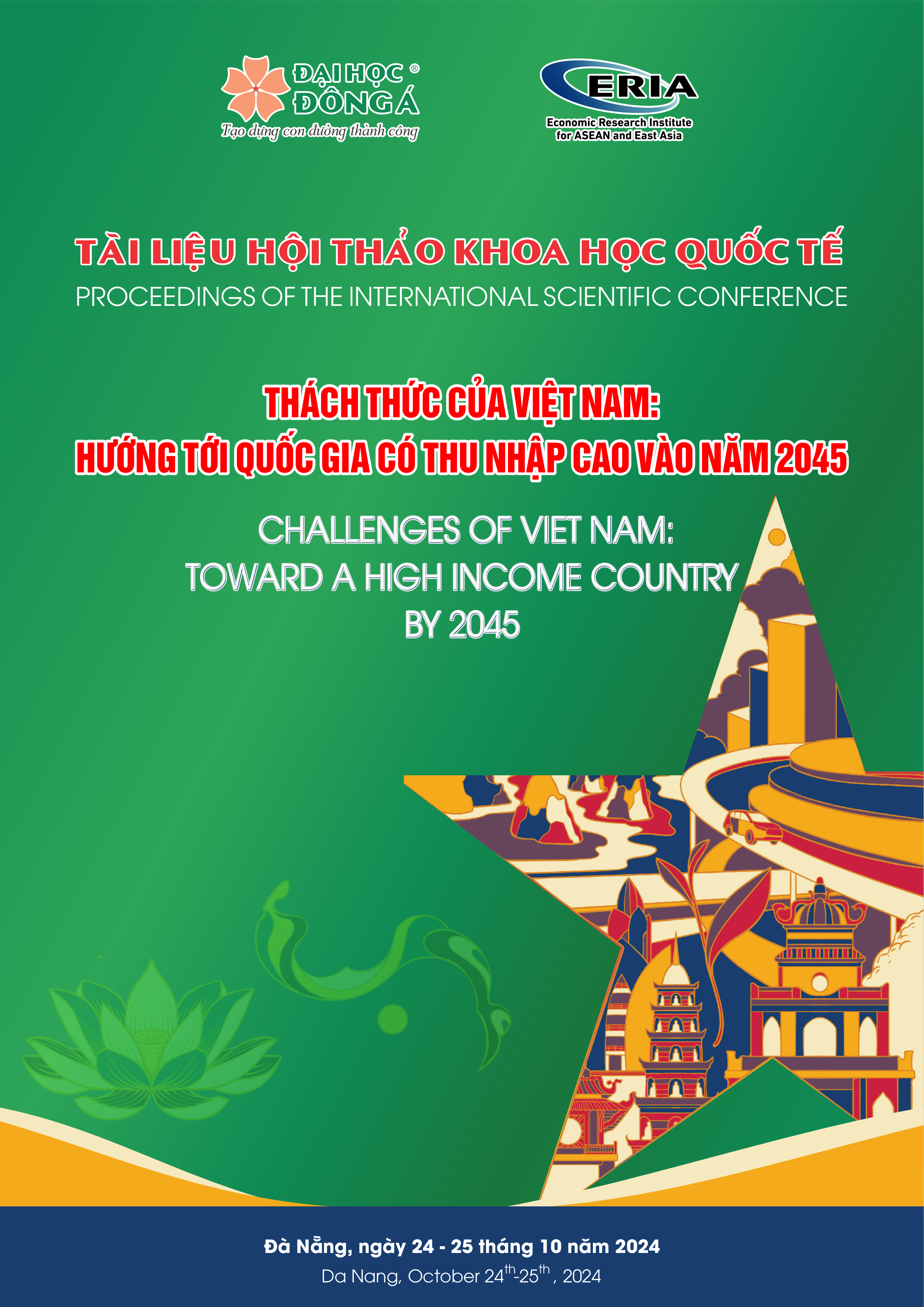Climate Change in Vietnam
Main Article Content
Abstract
Provides an insightful exploration of climate change and disaster risk reduction in Vietnam. Vietnam is experiencing the impacts of climate change, with rising temperatures and altered rainfall patterns affecting agriculture, water resources, and more. Vulnerable coastal and delta regions face threats from sea-level rises. The country has incurred significant economic losses due to climate change, impacting sectors like agriculture, transport, and fisheries, while also disrupting global supply chains and raising costs for businesses. To address these challenges, Vietnam has pledged to achieve net-zero greenhouse gas emissions by 2050, halt deforestation by 2030, and reduce methane emissions. However, challenges remain, including the need for stronger climate adaptation policies, private sector investments, state-owned enterprise reform, and financial sector resilience. Cooperation with Japan, which has experience in climate adaptation, is suggested. The development of sectoral roadmaps for climate resilience is recommended, covering areas like agriculture, infrastructure, industry, coastal regions, and smart cities.


